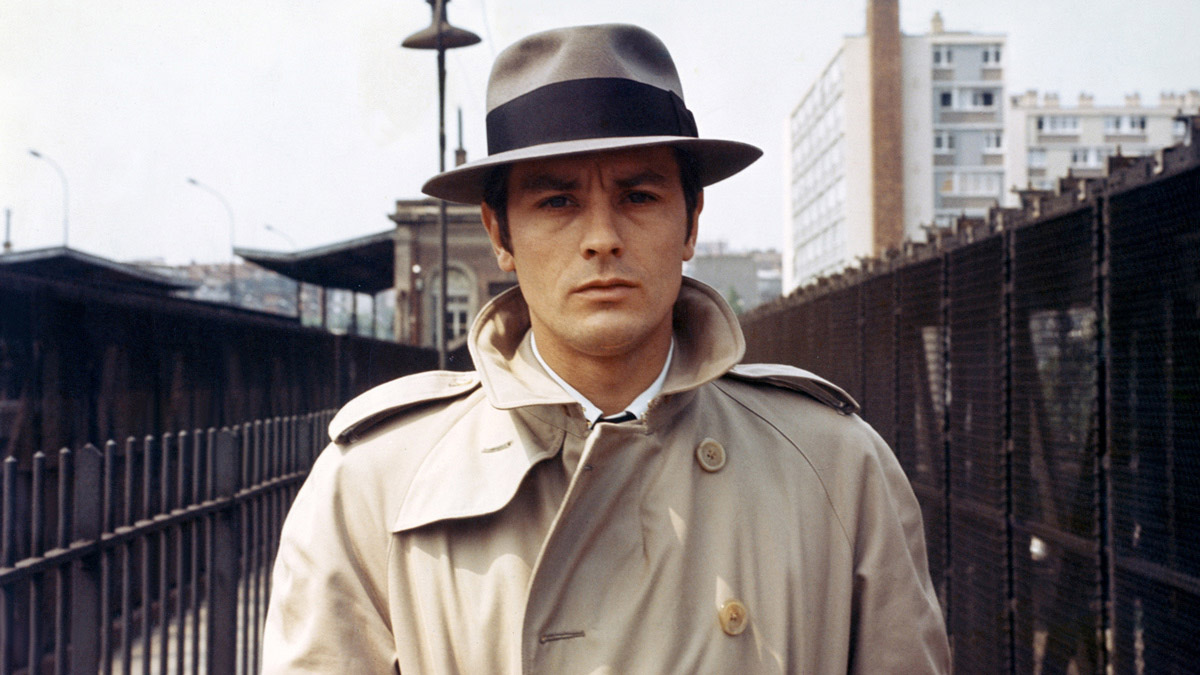
(c) Photofest / Getty Images
“The Samurai” A solitary way of life depicted in a masterpiece of French film noir
2019.09.13
Values, ideas, and aesthetics that go beyond Japanese culture
I suddenly remembered the following words that describe Melville's attitude towards filmmaking in general:
``Some of my work that tends to be seen as products of the imagination are actually the result of memory. (Of course, I'm transposing that into a movie because I hate portraying what I really experienced).'' (*1)
I can't help but feel that ``The Samurai'' is a work that Melville took and reconstructed in a way that only he could do, rather than copying it exactly as it was. That's probably why it transcended language and culture and resonated on a deeper level. It makes sense that it was received freshly by Japanese audiences when it was released, and that its essence and style continue to influence filmmakers around the world in various ways to this day.
<Reference materials>
“ The Film Life of The Samurai Jean Pierre Melville ” by Louis Nogueira / Translated by Maki Inoue / 2003 / Shobunsha
(*1) Quoted from the “The Samurai” (P13) written by Melville himself in the same book “Samurai”
Text: USHIZU ATSUNOBU
Born in Nagasaki in 1977. When he was 3 years old, he saw ``Superman II'' with his father and became fascinated with movies. After The Graduate from Meiji University, he worked for a movie broadcasting channel and then became a movie writer. Currently, in addition to writing for Eiga.com, EYESCREAM, Real Sound Movie Club, etc., he also contributes to media press and theater programs.
(c) Photofest / Getty Images

